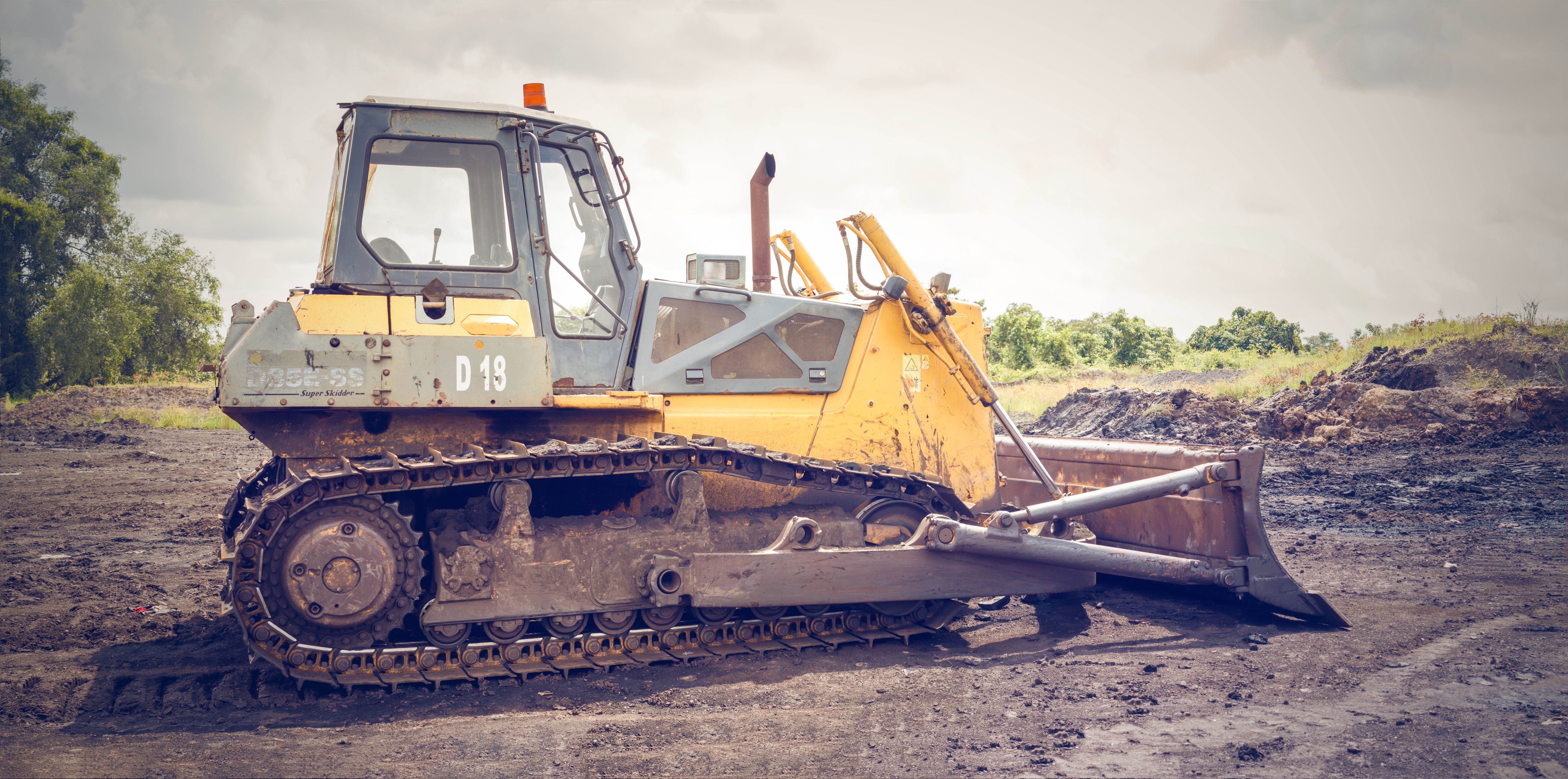A Surface Use Agreement (SUA) is a contract between the surface owner and the lessee (usually oil & gas company) to an oil and gas lease. This contract outlines the rights, duties, and obligations by both the landowner and operator including things like the size of the surface disturbance that will be allowed when constructing well pads and roads, compensation for any property damage that might be done by the operator. This agreement helps resolve any ambiguity and uncertainty for both parties. Some states require them before a well can be drilled. Listen to this episode to learn how to negotiate a Surface Use Agreement (SUA).
Using the embedded player above, you can download the episode to your computer or listen to it here! Be sure to also subscribe on iTunes or wherever you get your podcasts and please leave us an honest rating and review. We read every one of them and sincerely appreciate any feedback you have. To ask us a question to be featured on an upcoming episode, please leave a comment below or send an email to feedback@mineralrightspodcast.com.
Most states provide oil and gas operators with access to the surface estate overlying any reservoir to be drilled. The mineral estate is sometimes called the “dominant estate”. In other words, the mineral estate is entitled to the right of accessing the surface estate for the purposes of accessing hydrocarbons below ground. This gets complicated with advent of horizontal drilling since minerals below the surface well pad may not actually get developed since producing zones may be under other tracts.
Some states have passed legislation to help navigate this which we’ll talk about later.
To understand the things you should consider when negotiating a Surface Use Agreement, it helps to understand what types of activities are going to happen on your land as part of drilling a well. In Episode 15 of the Mineral Rights Podcast we talk about the full lifecycle of an oil and gas well and the typical activities involved.
How to Negotiate an Oil and Gas Surface Use Agreement:
- Like with an oil & gas lease, most operators just want to strike a mutually beneficial deal that will allow them to develop your acreage in an economic fashion. That said, you still need to protect your interests! This can be an important negotiation that can have significant financial consequences for you and your family. Be sure to do your research and hire competent advisors to help ensure the best outcome.
- Ideally operator will be willing to listen to your concerns and for you to be able to trust them and vice versa.
- Consider hiring an attorney in your state that is experienced in mineral law to review the SUA and to make sure that the language in the agreement will protect you as it relates to these and other clauses. Trying to go it alone can leave a lot of money on the table.
- Also, while there is no standard oil and gas lease, many use the producers 88 form as a starting point. With SUA’s it is even more complex as SUA’s can vary from operator to operator so it really pays to thoroughly examine SUA’s before signing (e.g. get an attorney).
- If you own part or all of the minerals under your land, then can negotiate surface use provisions as part of the oil and gas lease.
- FInally, make sure all involved parties have a seat at the table. For example, if you are the owner of the surface estate but you lease your land to a farmer who gets his income for harvesting crops on your land, the surface tenant needs to be involved to make sure they are fairly compensate for any potential financial loss due to the loss of some of the surface leasehold.
Statutes to protect surface owners:
Many states have passed legislation that requires oil and gas companies to take certain steps when faced with a split estate. A few examples of states that have done this includes Colorado, Wyoming, and North Dakota.
These protections require notifying surface owners of things like date of the start of drilling, a copy of the plan of operations, contact information for the operator, etc. They also require compensation for certain surface disturbances like pipeline installation.
If the operator and surface owner can’t reach an agreement on damages, some states grant the operator the right to proceed with the development with damages to be determined through arbitration or litigation after the fact.
SUA Clauses:
In no particular order, here are things to consider when negotiating a Surface Use Agreement. Remember that pretty much everything is on the table for negotiation as it relates to water usage, land usage, and leasing your minerals.
- Legal description – as with an oil and gas lease, it is important that the affected land is adequately described (otherwise you risk the entire agreement being considered void due to uncertainty). I have a blog post on legal descriptions if you would like to find out more.
- Term – again like a lease, it is important that the duration of the agreement is outlined. No standard language but you could consider setting duration to the life of the lease or drilling unit plus additional time afterwards to allow for the removal of any equipment and to allow final reclamation to take place.
- Compensation – language may be included that provides that any compensation outlined in the SUA is consider exclusive. In other words, you can’t later make a claim for additional compensation.
- Liquidated damages – set payment based on the size of the disturbance (e.g. per “rod” for pipeline right of way, per square footage for well pads, roads, etc.)
- Overriding Royalty Interest – if you are in the situation of a split estate where you only have surface rights, try to negotiate an override on any oil and gas production. Override would be part of the leasehold interest that the operator owns and would be in effect while any wells are producing. Dual benefit from getting a royalty as it helps provide a common incentive for the surface owner with the mineral owners and operator in that you would also benefit from oil and gas production.
- Everything in between – including bonus as compensation for surface damages plus a royalty, or bonus plus annual rental payment, etc.
- Interim reclamation requirements – Interim reclamation is the process of restoring disturbed surface area that are not needed during the production phase. This occurs after the well has been drilled. It includes things like replacing topsoil, weed control, and re-seeding vegetation
- Final reclamation requirements – Occurs after plugging oil and gas wells and final removal of production facilities. Includes things like removal of production equipment (tanks, separators, piping, etc.), removing any contamination, re-grading access roads, purging and capping any flow-lines below ground (unless otherwise stated in SUA), and replacing topsoil and providing vegetative cover over disturbed land.
- Location of roads, production facilities, and well sites (plus any other operations that might occur on a temporary basis
- Other provisions may include:
- Location of surface facilities (e.g. tanks)
- Road location and construction requirements
- Location of any temporary housing, office trailers, etc.
- Use of any surface or groundwater, quantities, water testing requirements, etc.
- Pipeline location and depth requirements (e.g. if below field that would be plowed)
Make sure the terms of SUA don’t negatively impact your ability to use your land!!
In general, the SUA will outline the permitted and prohibited activities by all parties to the agreement. No matter what side you are on, make sure any agreements are in writing to avoid any later conflicts.
The dominant estate is no longer something operators can hang their hats on due to horizontal drilling
It is best to approach the SUA negotiations with your goals in mind so you end up with an agreement you can live with.
We’ll have a legal expert dive deeper but in the meantime we hope this helps shed some light on this subject.
Thanks for Listening!
To share your thoughts:
- Leave a comment or question below (we read each one and your question may be featured in a future episode)!
- Ask a question or leave us feedback via email or voicemail: (720) 580-2088.
To help out the show:
Subscribe and leave a review on iTunes or wherever you get your podcasts – we read each one and greatly appreciate it. Plus, you can get a shout out on a future episode!
Thanks again – until next time!



